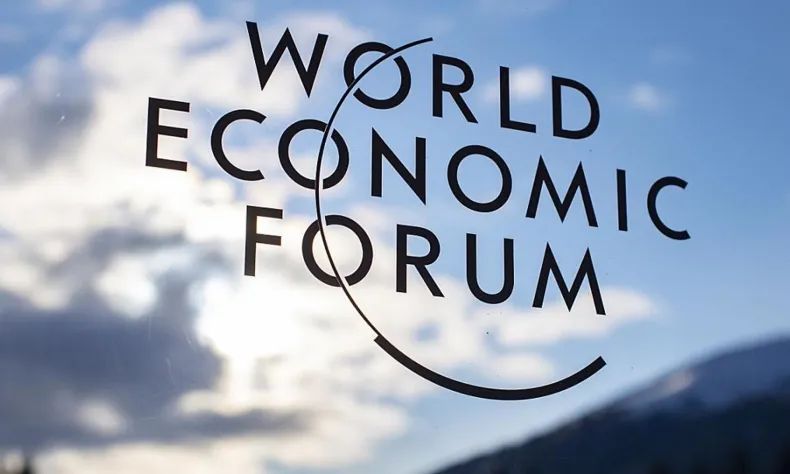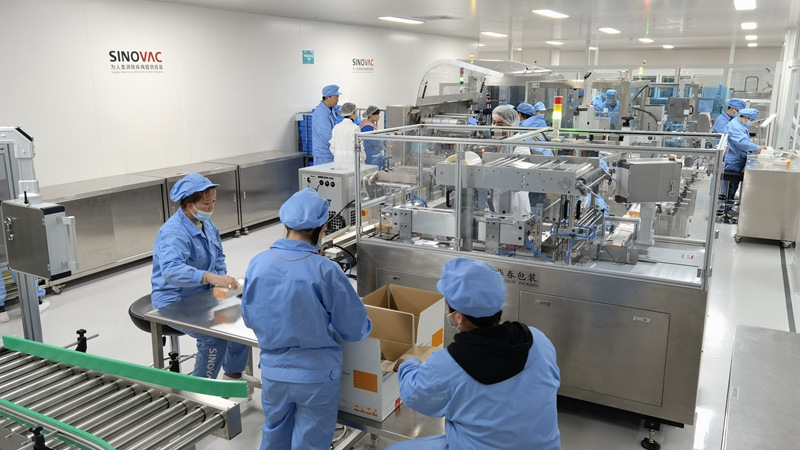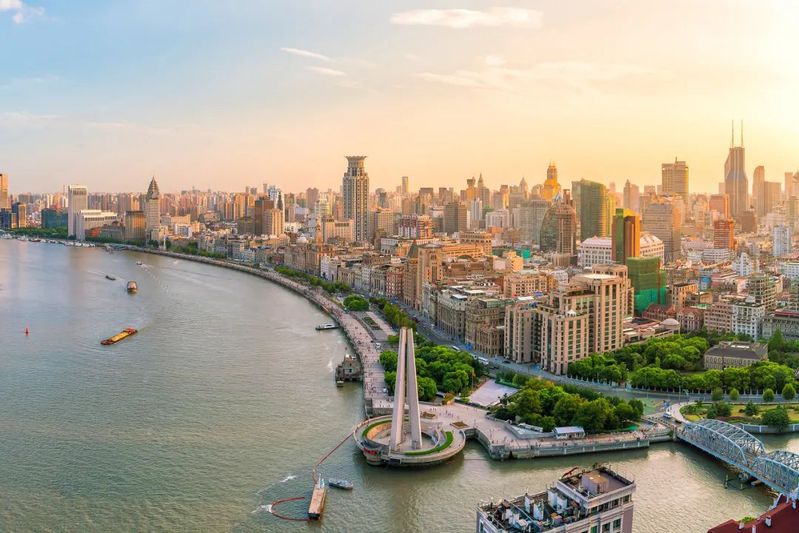
Koh King Kee
President, Centre for New Inclusive Asia
President, ASEAN Research Center for a Community with Shared Future
“We are not alone on the Great Way and the whole world is one family (大道不孤,天下一家). After a year of hardship, we can understand more than ever the significance of a community with a shared future for mankind,” President Xi Jinping said in his 2021 New Year Speech.
As the world struggles against the onslaught of the second wave COVID-19 with faster transmission rate and increased fatality, President Xi’s New Year Speech is indeed a timely reminder that the world must stand united, be caring and sharing in the fight against our common enemy - the coronavirus. Mankind are members of the global village with a shared future. Unilateral actions and sealing of national borders will not rid the world of the virus.
President Xi first put forth the notion of mankind as “a community of common destiny” in his 2013 speech at the Moscow State Institute of International Relations. “Mankind, by living in the same global village within the same time and space where history and reality meet, have increasingly emerged as a community of common destiny in which every one has in himself a little bit of others”, he said.
“A Community with Shared Future“ has since been promulgated by China as its concept of global governance, embodying its worldview in the new era and its vision for a fair, equitable and just global order built upon the spirit of openness, inclusiveness, mutual respect and love for mother earth.
“A Community with Shared Future” is also the guiding principle of China’s international relations. It underlies China’s strategic thoughts on long-term development of its bilateral ties with other countries. It is a manifestation of China’s foreign policy goal of peace, equality, development and win-win cooperation.
In October 2017, “A Community with Shared Future for Mankind” was written into CPC’s constitution and included in the preamble of China’s constitution the following year.
The concept was endorsed by UN and written into several UN resolutions including resolution 2344 related to promoting peace and stability in Afghanistan and the surrounding region, and two resolutions by the UN Human Rights Council on Question of the realization in all countries of economic, social and cultural rights, and Right to food”.
Build a Community of Shared Future for Mankind
“A Community with Shared Future” has often been the subject of President Xi’s speech at international events. In September 2015, President Xi laid out the roadmap for building a community of shared future for all humankind at a United Nations summit. In his speech at the U.N. Office in Geneva on January 18, 2017, he explained comprehensively why, what and how to build “A Community with Shared Future”.
“A Community with Shared Future” is China’s answer to the call of the time of a world beset by a myriad of challenges and risks, ranging from terrorism, slow growth, climatic change, protectionism to anti-globalization.
In his speech, President Xi underscored China’s commitment to uphold world peace and to build a world of lasting peace through dialogue and consultation. China cherishes peace and advocates common security for all, which can only be achieved through joint efforts and unity.
China envisioned a world of common prosperity built through win-win cooperation. Economic globalization and multilateral trade regime promote trade and development. “China’s development has been possible because of the world, and China has contributed to the world’s development. We will continue to pursue a win-win strategy of opening-up, share our development opportunities with other countries”. “The Belt and Road initiative I put forward aims to achieve win-win and shared development,” President Xi highlighted.
President Xi recognized that diversity is inherent in civilizations of the world. No civilization is more superior than others as each civilization has its profound heritage and unique charm. “Diversity of human civilizations not only defines our world, but also drives progress of mankind,” said President Xi. Civilizational exchange and mutual learning promote harmony, bond and mutual respect that will help in building an open and inclusive world.
Mother earth is the only home of all mankind. “Clear waters and green mountains are as good as mountains of gold and silver. We must maintain harmony between man and nature and pursue sustainable development”, said President Xi in his speech in Geneva. He emphasized that to protect the earth, we should pursue green, low-carbon development and advance the 2030 UN Agenda for Sustainable Development in a balanced manner.

A Concept of Global Governance Rooted in Chinese Civilization
The notion that mankind is a community with shared future is rooted in Chinese civilization. President Xi has on many occasions called for the innovative development and enrichment of “A Community with Shared Future” as the concept of global governance by actively exploring the positive aspects of the way of life in the Chinese culture .
“Tianxia in great harmony (天下大同)” is the ideal world pursued by Confucianism in which people live in peace and help each other, akin to the notion of “a community with shared future”. Tianxia is Chinese depiction of the world with no well-defined geographical borders in the ancient days.
Confucius said: “When the Great Way prevails, Tianxia belongs to everyone ( 大道之行也,天下为公)”. Tianxia is an all inclusive world that excludes no-one. Tianxia belongs to everyone.
Perhaps, “Within the four seas, all men are brothers (四海之内皆兄弟也“ is a simple yet overarching Confucius saying that best summarizes and explains the concept and spirit of Tianxia, i.e. the world is one family.
Confucianism advocates harmony in diversity, as the saying goes: “Gentleman aims at harmony, not uniformity; mean man aims at uniformity, not harmony (君子和而不同,小人同而不和). Implicit in the concept of Tianxia is that not everyone is the same. Mutual respect, seeking commonalities while retaining the differences (求同存异) is the way to achieve harmony.
Caring and sharing are in the DNA of Chinese culture. The oft-quoted saying: “Take care of yourself well when you are poor, share the benefits with the world when you become better off ( 穷则独善其身,达则兼济天下)” , amply exhibits this spirit.
The Belt and Road Initiative launched by China in 2013 is a mammoth transcontinental development project aimed at creating new drivers of shared development. It is China’s offer of public good to the world as an emerging economic power by sharing its technology and development experience, as well as providing the necessary financial support. It is the vivid manifestation of the spirit of “share the benefits with the world when you are better off’ in the realm of international cooperation.
The Belt and Road Initiative is the platform to realize the objective of building “ A Community with Shared Future”, President Xi Jinping has said.

Western Perception of China’s Rise
China’s ascent to the position of the world’s second largest economy from the global economic backwater was described by the World Bank as the fastest sustained expansion by a major economy in history. However, its rise on the global stage has drawn both admirations and fears.
China’s success stories are inspirations and encouragements to leaders of the developing world who see in China an alternative development model, and an important trade partner and a source of foreign investments. However, it has also stirred fears and concerns of the West which pride themselves as the architect of the current global order, which has brought prosperity to the post WW2 world. The meteoric rise of China under a centralized authoritarian regime is deemed as a threat to the liberal international order. In particular, the US views China as a revisionist power that poses an imminent challenge to its global supremacy, a rising power with the ambition of changing the world order it leads. A strong sense of displacement anxiety now permeates America’s political mainstream.
China’s Vision of the New Global Order
The COVID-19 pandemic has accelerated the change in global power dynamics. China is the only major economy that registered positive growth in 2020 and expected to overtake the US as the largest economy by 2028. Meanwhile the US remains mired in the struggle against the pandemic and its global image plummeted.
According to a recent pan-European survey by the European Council on Foreign Relations, more than 60% of those polled believe that the political system of the US is now “broken”. One third of the respondent believe President Joe Biden will not be able to save the country from the decline. A majority of Europeans believe China will be more powerful than the US within the next ten years, the survey conclusively showed.
As we enter the second decade of the 21st century, the world is at the cusp of a new era. With the changing international geopolitical landscape brought about by the COVID-19 pandemic, many are asking the question: What is the world China wants?
China has global ambitions, boosted by its confidence in successfully combating the COVID-19 pandemic, Oxford History Professor Rana Mitter asserted in a newly published article entitled “The world China wants”. “A state of that size cannot be expected to participate in the global order solely on the terms of its rivals,” he highlighted. He also said that “China is not seeking to impose a replica of its own system on other states.”
Nadege Rolland, Senior Fellow for Political and Security Affairs at the National Bureau Asian Research shared similar views. “Like all fast-rising powers, the People’s Republic of China seeks to reshape the international system in a way that reflects both its values and interests, aligning institutions and norms according to its own worldview and to serve its own purpose”,Nadege Rolland pointed out in the 2020 Special Report “China’s Vision for a New World Order” she authored.
Unquestionably, a rising China that accounts for more than 16% of world GDP, one that has contributed 30% to global growth in the last 10 years and is expected to overtake the US to become the largest economy within the next 10 years , would want to have a bigger say in shaping the global order.
China sees inequities and unfairness tinted with historical prejudice in the current global order. Nevertheless, China has benefited and realized its development within the current world order and it has no intention of destroying it, less supplanting it. China’s approach is reformative, not transformative. Its vision of the new global order and the prevailing liberal international order are not mutual exclusive.
President Xi, in his special address at the Devos World Economic Forum on January 25, 2021, reiterated that “We should uphold the common values of humanity, i.e. peace, development, equity, justice, democracy and freedom, rise above ideological prejudice….”
China envisions a world order based on the concept of “A Community with Shared Future”, a world order that is fair, equitable and just, built upon the spirit of openness, inclusiveness, mutual respect and love for mother earth. It wants a world of common prosperity built through consultation, joint efforts and mutual benefits.
